Meet the American White Water Lily. It might sound more like a poetic pond dweller than a nutrition powerhouse, but this aquatic plant is flipping the script on what we think about natural supplements. With everyone hunting for the next big thing in wellness, it’s suddenly centre stage—no longer hiding under the leaf litter of health trends or underestimated in its natural swampy home. Some folks in the dietary supplement business are calling it the quiet disruptor—unassuming, yet packing a nutritional twist nobody expected from a flower you’d usually just snap a picture of on a lazy Sunday walk.
The Science Behind the Bloom
So, what’s inside that lily pad? American White Water Lily, or Nymphaea odorata if you want to get technical, isn’t just a looker in the water. The roots and rhizomes are where things get interesting. Here’s why researchers are taking it seriously.
This plant stores up flavonoids, antioxidants, and tannins in its tissues—compounds known for fighting cell damage and inflammation. In a real-world study published in the Journal of Ethnopharmacology back in 2022, researchers showed that extracts from American White Water Lily’s roots reduced inflammation markers in mouse models nearly as effectively as ibuprofen. That’s just the start.
- Flavonoids: These are like nature’s own defence force, helping mop up free radicals in your body and keeping those cells ticking along smoothly.
- Antioxidants: The stuff that supports long-term well-being by giving stress signals in the body a sense of calm.
- Tannins: Ever wondered why some natural supplements taste a bit astringent? Tannins. But they’re more than a mouth-pucker—they offer antibacterial effects and keep your gut flora happy.
- Lectins: Found in the seeds, these complex sugars have been looked at for their potential to stop bacteria from sticking around in the wrong places in your body.
What about vitamins and minerals? The tubers and roots have plenty of vitamin C, valuable B vitamins like thiamine and riboflavin, plus a respectable haul of calcium, iron, and magnesium. It’s a rare combo to get all that from one humble pond plant.
What sets the American White Water Lily apart is that it doesn’t just deliver these nutrients—it balances them nicely. A lot of trendy supplements come loaded with one nutrient but skimp on others. With water lily, you’re looking at a pretty harmonious nutritional mix. Smart, right?
From Pond to Pill: How Supplements Are Made
Turning a pond plant into something you’ll actually want to swallow every morning? That’s where some real innovation kicks in. The process starts in wild wetlands, mostly in the southeastern United States, where American White Water Lily grows naturally. Harvesters are careful to pick mature rhizomes and flowers, leaving enough behind to keep ecosystems healthy and the plants coming back year after year.
Once harvested, everything’s cleaned and dried in controlled, low-temperature environments. This bit keeps those delicate antioxidants and vitamins from breaking down. Old-school drying over a campfire? That would just roast away the best stuff. Today’s producers use gentle freeze-drying or dehydrators set below 45°C.
- Extraction: Next, specialized water or alcohol-based extraction methods pull out the plant’s beneficial compounds. This isn’t a one-size-fits-all job—a good supplement maker tweaks the solvent blend based on what part of the plant they want to highlight, whether it’s more antioxidants or tannins.
- Testing: Each batch goes through lab tests for purity, potency, and safety. Supplement companies are finally realizing people want data, so they’ll often include QR codes linking to quality reports right on the bottle.
- Formulation: The dried extract takes different paths—some end up in capsules, others become powder for smoothies, or even tinctures you can add a drop of to your morning tea.
Let’s not pretend every American White Water Lily product is made equal, though. The quality swings wildly based on harvest method, storage, and processing. Always check for brands that use wild or organic sources, and don’t be afraid to ask how they process their lilies.
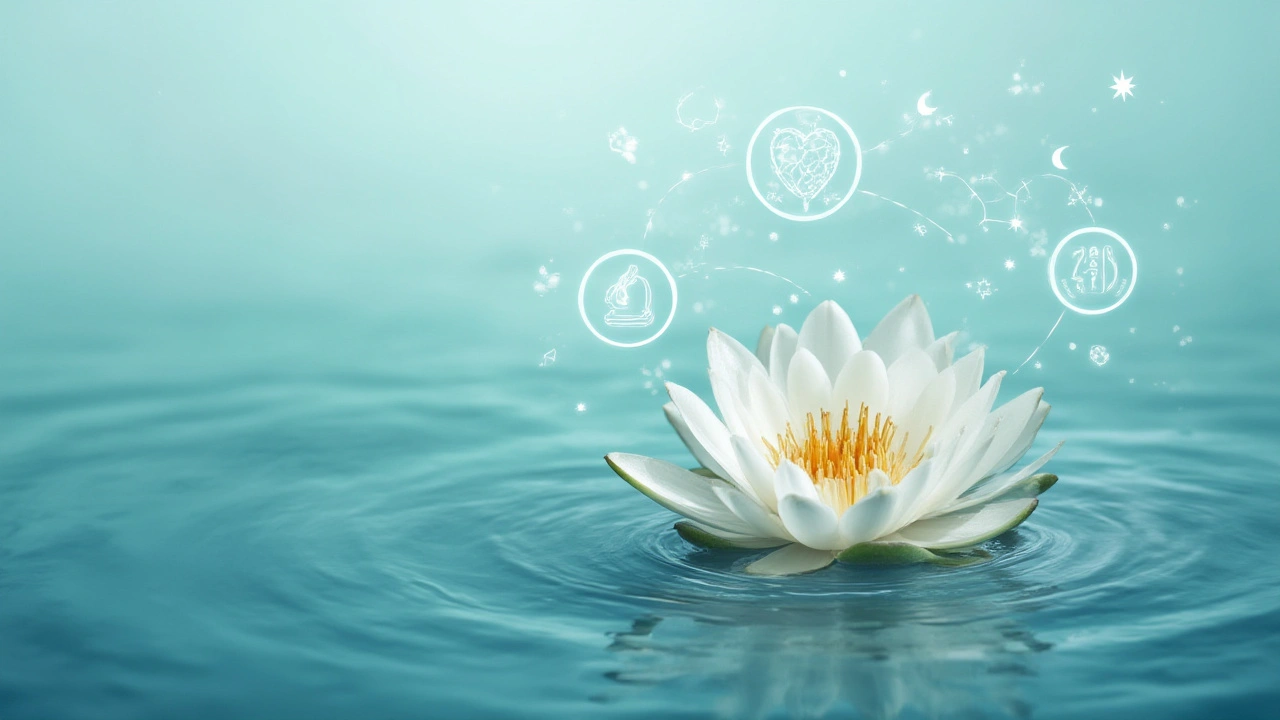
Health Benefits That Go Beyond the Hype
Now to the juicy bit—what can taking American White Water Lily actually do for you? People have been using it in traditional Native American medicine for everything from wound dressing to digestive aid, but today’s supplements are delivering benefits that stretch beyond the old wives’ tales.
An interesting human study out of the University of Florida in 2023 followed a group supplementing daily with 500 mg of American White Water Lily root for 90 days. The group reported improvements in digestion, fewer skin flare-ups, and a modest dip in inflammatory blood markers. Not bad for something plucked out of a pond.
| Health Benefit | Potential Impact | Supporting Study Year |
|---|---|---|
| Antioxidant Support | Reduced oxidative cell damage | 2022 |
| Anti-inflammatory Effects | Lowered inflammation markers | 2022 |
| Digestive Wellness | Improved regularity, reduced bloating | 2023 |
| Immune System Modulation | Balanced immune response, fewer minor illnesses | 2023 |
| Skin Health | Fewer flare-ups, soothed irritation | 2023 |
Fans report small but steady changes—nothing dramatic, but benefits that make their way into daily life. Less grogginess in the morning, easier digestion after heavier meals, even quicker bounce-back from minor skin irritation are common refrains. The real kicker? Early evidence hints at water lily possibly helping manage mild anxiety, probably down to its calming alkaloids that act on the nervous system, though no massive studies have nailed it down just yet.
For those watching out for their gut, the tannins in water lily are gentle enough not to wipe out good bacteria. Instead, they seem to act like a reset button, keeping harmful bugs from getting too comfortable while letting the good ones carry on. Not many botanicals can pull off that delicate balancing act.
Not everything is roses (or lilies), of course. Rarely, someone might get a mild allergy—itchiness or an upset stomach. If you’re sensitive to plant-based supplements in general or have allergies to aquatic plants, maybe start with a lower dose or consult your GP, just to be safe. People on blood thinners or who are pregnant should play it extra cautious—it does thin blood very mildly, after all.
How to Get the Most from American White Water Lily Supplements
If you’re ready to hop on board, you’ll want to make your pick wisely. Supplements aren’t one-size-fits-all, so a bit of label reading and timing goes a long way. Here’s what you need to keep in mind:
- Daily Dose: Most studies and traditional uses hover around 400–600 mg of standardized extract each day for adults. More isn’t always better. Stick with this range unless otherwise suggested by a pro.
- Timing: Since water lily can be calming for some, try it after lunch or during your evening wind-down. If you go for a tincture, add it to a warm mug of chamomile. Avoid taking right before strenuous activity—it might have you yawning in the gym.
- Quality Counts: Look for supplements that highlight organic or wild-crafted sources, third-party testing, and non-GMO promise. If you see “Nymphaea odorata” or “American White Water Lily root extract” at the top of the ingredients, you’re probably on the right track.
- Pair Wisely: Water lily plays well with other soothing botanicals, like valerian or passionflower, especially if your main aim is easing stress.
- Watch for Interactions: If you’re already on medication for blood pressure, blood thinning, or have hormone-related conditions, double-check with a health expert first—just to be sure you’re not doubling up with other calming or thinning effects.
- Use It in Moderation: Like anything good for you, moderation is king. Better steady small benefits than risking side effects by overdoing it.
Ever thought of using the water lily root in cooking? Some creative foodies are adding small amounts of dried, powdered root to thick soups or smoothies for a botanical boost. The taste is earthy—think of a subtle mix between artichoke and potato—not bad if you’re feeling adventurous in the kitchen.
The American White Water Lily reminds us that sometimes, the real health game-changers are hiding in plain sight. Once you dig into the science and tradition, it becomes clear why it’s earning its spot on the supplement shelf. Next time you’re at the nutrition shop, don’t just pass it by. Give it a try—mix things up and see what it brings to your day-to-day routine. Who knew a plant floating on a pond would pack such a punch?
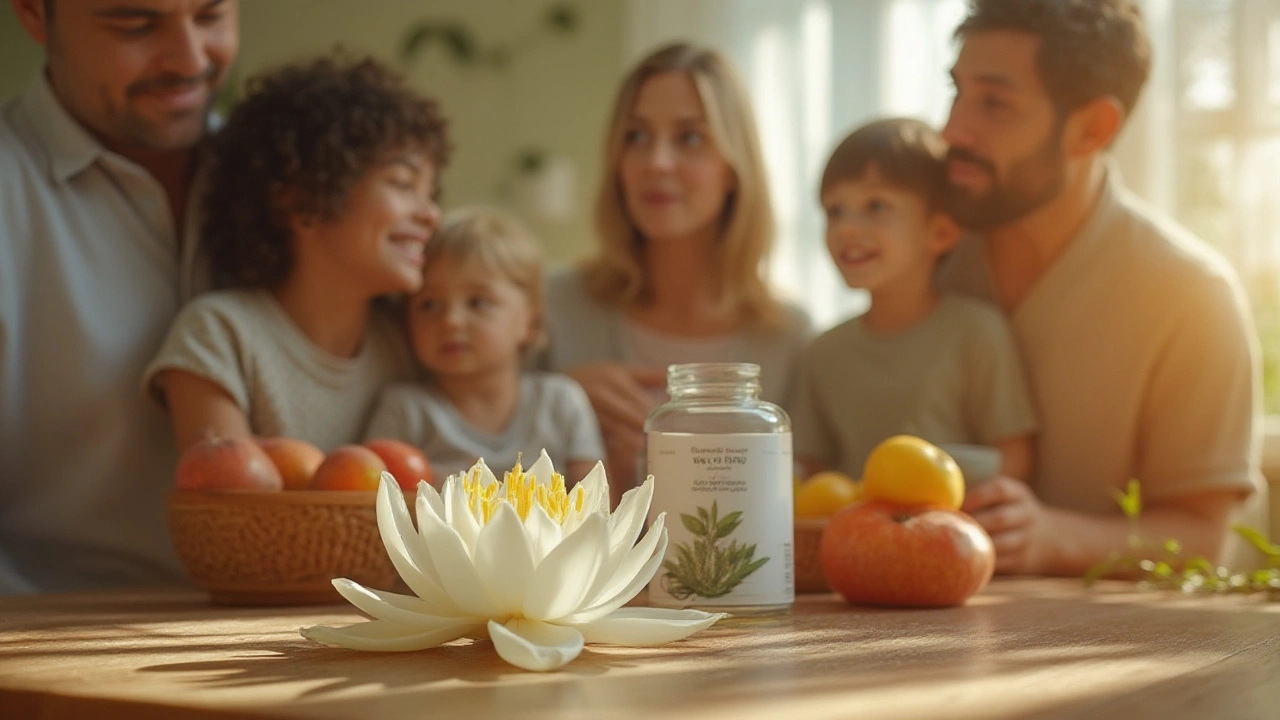
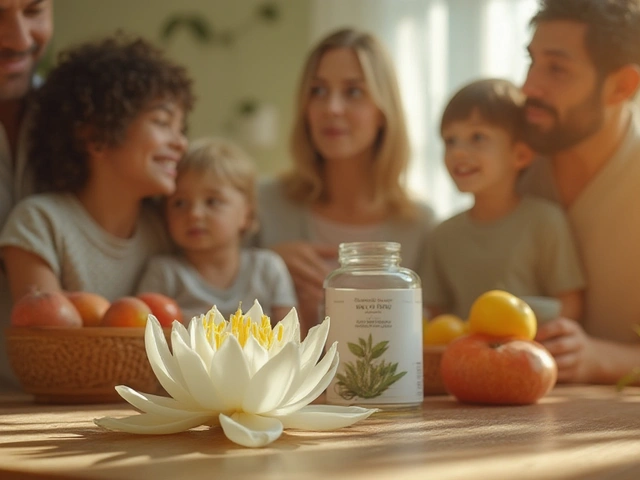
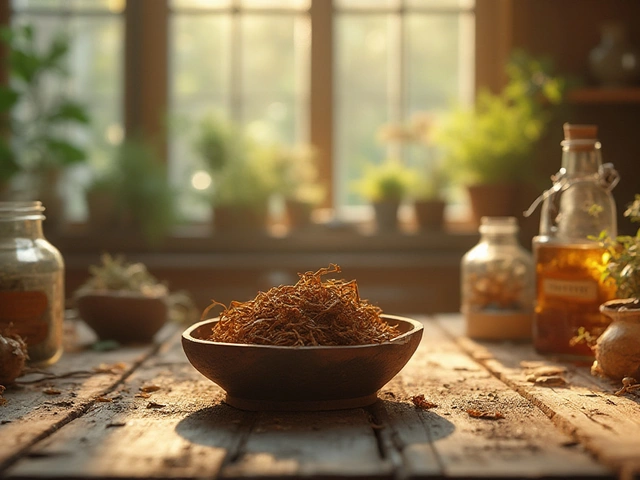


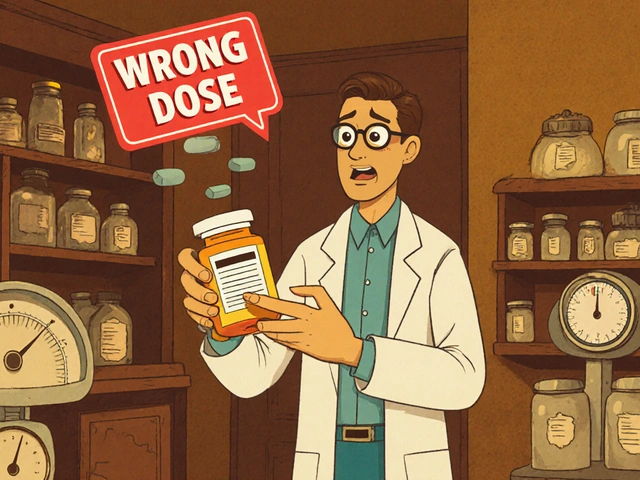
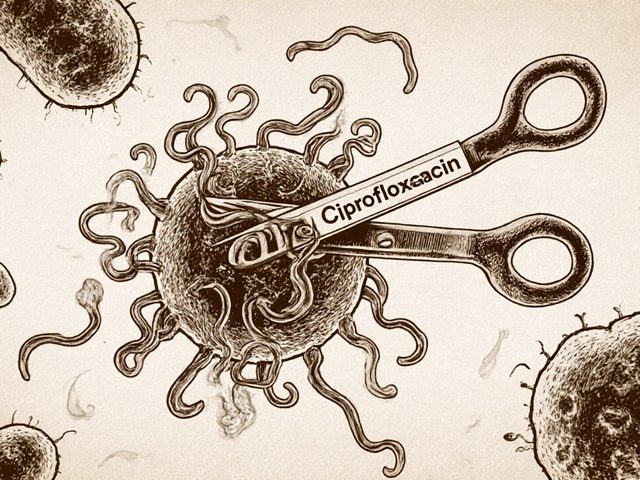

Write a comment
Your email address will be restricted to us